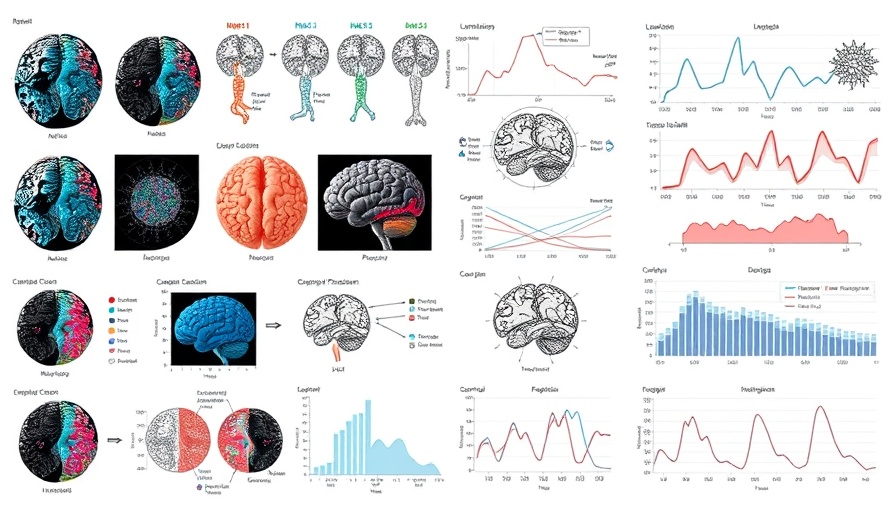
The New Frontier of Dopamine Research
Recent advancements in microscopy have unveiled profound insights into how dopamine functions within the brain. Traditionally viewed as a broad neurotransmitter, new findings emphasize its specific, pinpoint regulation in neurological contexts. This precision could redefine our understanding of dopamine’s role not only in pleasure and reward mechanisms but also in various mental health conditions.
Understanding Dopamine's Surgical Precision
Dopamine is often regarded primarily for its association with the pleasure pathways in the brain. However, the latest research suggests that dopamine operates with surgical precision, affecting specific neurons rather than flooding the brain broadly. This significant shift in understanding can influence treatments for diseases such as Parkinson's and schizophrenia, where dopamine dysregulation plays a critical role.
Implications for Mental Health Treatments
The detailed mapping of dopamine activity is not only vital for academic research but also has profound implications for health and wellness practices across communities. Current therapies often target dopamine with broad-spectrum drugs, but pinpointing its effects could lead to more effective treatment protocols that minimize side effects. Potentially, therapies could be designed to target specific neural pathways, enhancing treatment efficacy while preserving healthy brain function.
Community Health and Wellness
In cities like San Antonio, understanding the role of nuanced dopamine signaling can resonate deeply within community health frameworks. Local wellness centers may incorporate findings from neurological research into their programs, focusing on mental health strategies that align with emerging scientific insights. This connection can bridge health professionals with current neuroscience research, fostering a community committed to optimal health and wellness.
Future Predictions: A Paradigm Shift in Neurology
As we embrace the era of precision medicine, the implications of dopamine’s localized actions are significant. The future could see the development of personalized therapies, especially relevant for those seeking alternative treatments for disorders linked to dopamine imbalances. Researchers are beginning to explore how this might integrate with existing health and wellness practices, potentially transforming aholistic approaches to treatment.
Potential Challenges in Adapting These Findings
While the prospects are exciting, adapting these findings into effective clinical practices faces challenges. The scientific community must grapple with the translation of basic research into practical, accessible treatments. Moreover, popular misconceptions surrounding neurotransmitters can mislead the public about how mental health and mood can be managed. Education becomes paramount in debunking myths; clear communication in the media can help disseminate scientific knowledge to wider audiences.
The Path Forward: The Role of Health and Wellness Communities
As the dialogue continues among neuroscientists, mental health advocates, and the general public, the vitality of health and wellness communities, including educational events and discussions, will play a crucial role. With San Antonio emphasizing a commitment to health and wellness, the local population is poised to benefit from advancements in understanding dopamine and mental health.
Call to Action: To stay informed about the latest discoveries and how they can affect your mental health strategies, engage with local health and wellness events. Whether attending a workshop on neuroscience or participating in community discussions, take proactive steps towards understanding how cutting-edge research can lead to enhanced wellness.
 Add Element
Add Element  Add Row
Add Row 



 Add Row
Add Row  Add
Add 


Write A Comment